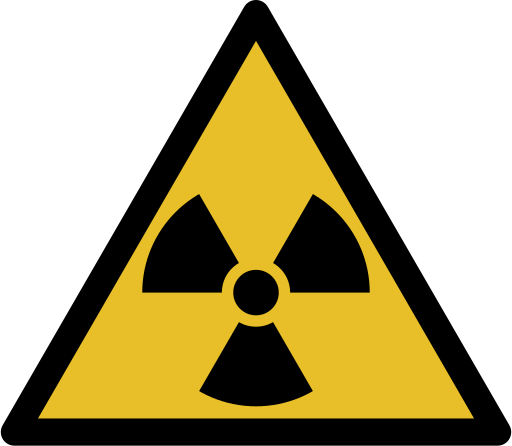Australian PM pushes for "full-blooded" nuclear energy debate
Saturday, May 20, 2006

| Wikinews Australia has in-depth coverage of this issue: Australian nuclear debate |
Australian Prime Minister John Howard has told media in Canada that he wants "a full-blooded debate" in Australia about the issue of nuclear power. "I have a very open mind on the development of nuclear energy in my own country," he said. "That includes an open mind on whether or not Australia should in fact process uranium for the purposes of providing fuel for nuclear power in the future in Australia."
Australia and Canada are two of the world's largest uranium producers, and the nuclear energy issue was discussed at length during Prime Minister Howard's visit to the country this week. Mr Howard said soaring oil prices and environmental concerns from fossil-fuel energy are adding pressure towards the debate in Australia. "I think it is inevitable. The time at which it will come should be governed by economic considerations," Mr Howard said from Ottawa.
Australian Greens leader Senator Bob Brown labelled the Prime Minister's call "a sham". Senator Brown says the Prime Minister has already made up his mind. "His talk about a public debate is a complete sham, he's made up his mind," he said. "He's had no mandate, but he's got control of the Senate and therefore we are going headlong into becoming a major agent in the nuclear proliferation right around the world."
Scientists have said Australia could not develop a nuclear power industry in time to stave off the effects of climate change. Greenpeace Australia says that even if there was a doubling of nuclear energy by 2050 it would only reduce greenhouse gas emissions by five percent, well below the large cuts scientists say are necessary. Academics at NSW University and the University of Technology Sydney have said, "No private investor would take on the risk without huge government subsidies."
The NSW Greens MLC Ian Cohen said that after 50 years, the nuclear industry still had not found a way to store its waste safely. "We don't want it back and we don't want to create it here."
Steve Shallhorn, chief executive of Greenpeace Australia Pacific says the Prime Minister should have used his trip to Canada to learn why "nuclear power is not a viable option." Mr Shallhorn said that, in Canada, nuclear power has driven up the price of electricity and created dangerous amounts of waste. He says its effect in reducing greenhouse gas emissions is also negligible.
"Nuclear power can only solve a very tiny portion of greenhouse gas problems because electricity is only one source of the problem," said Mr Shallhorn. "Nuclear power is not going to solve emissions from aircraft, from the industrial sector or from industrial processes."
"I think it is inevitable. The time at which it will come should be governed by economic considerations," Mr Howard said from Ottawa.
Australia is one of the world's top coal producers. The Howard government has supported the coal industry in the face of calls for more renewable energy. Treasurer Peter Costello, next-in-line for the prime minister's job, has said "nuclear power would cost twice as much as coal power, adding that nuclear energy was not economically right for Australia at the present time because it had such large resources of gas and coal."
John Howard said nuclear power in Australia "could be closer than some people would have thought a short while ago." Federal Industry Minister, Ian Macfarlane, claimed it could be as early as 2020.
The Opposition's environment spokesman, Anthony Albanese, said Labor opposed nuclear power on cost, safety, and waste and proliferation grounds. "Labor will not change that view." He said he looks forward to "Labor ending John Howard's nuclear fantasy." Energy experts say that Australia could not develop a nuclear power industry in time to stave off the effects of climate change, and such a program would be prohibitively expensive.
A 2005 survey found 47 percent of Australians supported nuclear power and 40 percent opposed it. The federal opposition party, and all six state governments, oppose nuclear power. Australia has a strict "no new mines" uranium policy.
Sources
- "PM keeps 'open mind' on nuclear energy" — Australian Broadcasting Corporation, May 20, 2006
- "Nuclear energy debate call 'a sham'" — Australian Broadcasting Corporation, May 20, 2006
- Michael Perry. "Australia may develop nuclear power: PM Howard" — The Washington Post, May 19, 2006
- "Australian PM calls for debate on nuclear energy" — Radio New Zealand, May 20, 2006
- "PM turns up nuclear heat" — The Age, May 20, 2006
| |
This page has been automatically archived by a robot, and is no longer publicly editable.
Got a correction? Add the template {{editprotected}} to the talk page along with your corrections, and it will be brought to the attention of the administrators. Please note that the listed sources may no longer be available online. |

